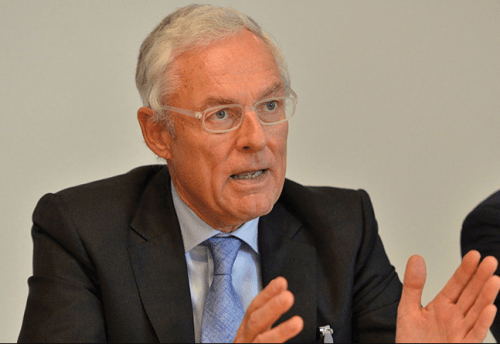
The ongoing crew change crisis was top of the agenda for International Chamber of Shipping (ICS) chairman Esben Poulsson in his keynote remarks at the opening of the Informa Markets Digital Maritime Week.
With some 400,000 seafarers now in need for crew change Poulsson warned that global supply chains and trade were under threat from the logjam caused by the inability to conduct crew exchanges in most countries.
“Seafarers are trapped onboard ships isolated from Covid-19 but also isolated from family and friends. Every month 200,000 seafarers alternate ensuring safe and sustainable working standards. But government bureaucracy and a lack of political leadership has meant that 400,000 seafarers are stranded, leaving the supply chains we rely upon at critical risk of collapse,” he stated.
“Seafarers have gone the extra mile, extending their tours of duty, and have kept working to keep us all supplied.”
Poulsson noted how the industry sector as a whole had come together to seek action from governments including the development of a 12-step plan for crew changes circulated by the International Maritime Organization (IMO).
“What I am so proud about is that entire sector has been galvanised. We have seen unprecedented levels of cooperation between industry and social partners,” he said.
However, action by governments to adopt the 12-step protocols remains lacking in most cases. Poulsson noted the UK, Germany, Hong Kong and Singapore as exceptions.
“Shipowners and port operators have been doing all they can to support the seafarers. But still seafarers remain trapped. This cannot go on; we cannot take these heroes of global trade for granted anymore,” he stated.
“The fact we are over 3 months down the line, and we have 400,000 seafarers in need of crew change is completely unsustainable.”
Poulsson also highlighted decarbonisation an issue which was top of the industry agenda until the Covid-19 pandemic intervened early this year. He noted that just before Christmas last year the industry submitted a ground-breaking proposal to create a $5bn R&D Fund to help finance the technology needed to transform the sector.
“There is no point having an ambitious goal, like the one agreed at the IMO to reduce the CO2 emissions by 50% by 2050, if you have no way of reaching it. This was a pragmatic, yet ambitious proposal in the context of what we see as a fourth propulsion revolution.”